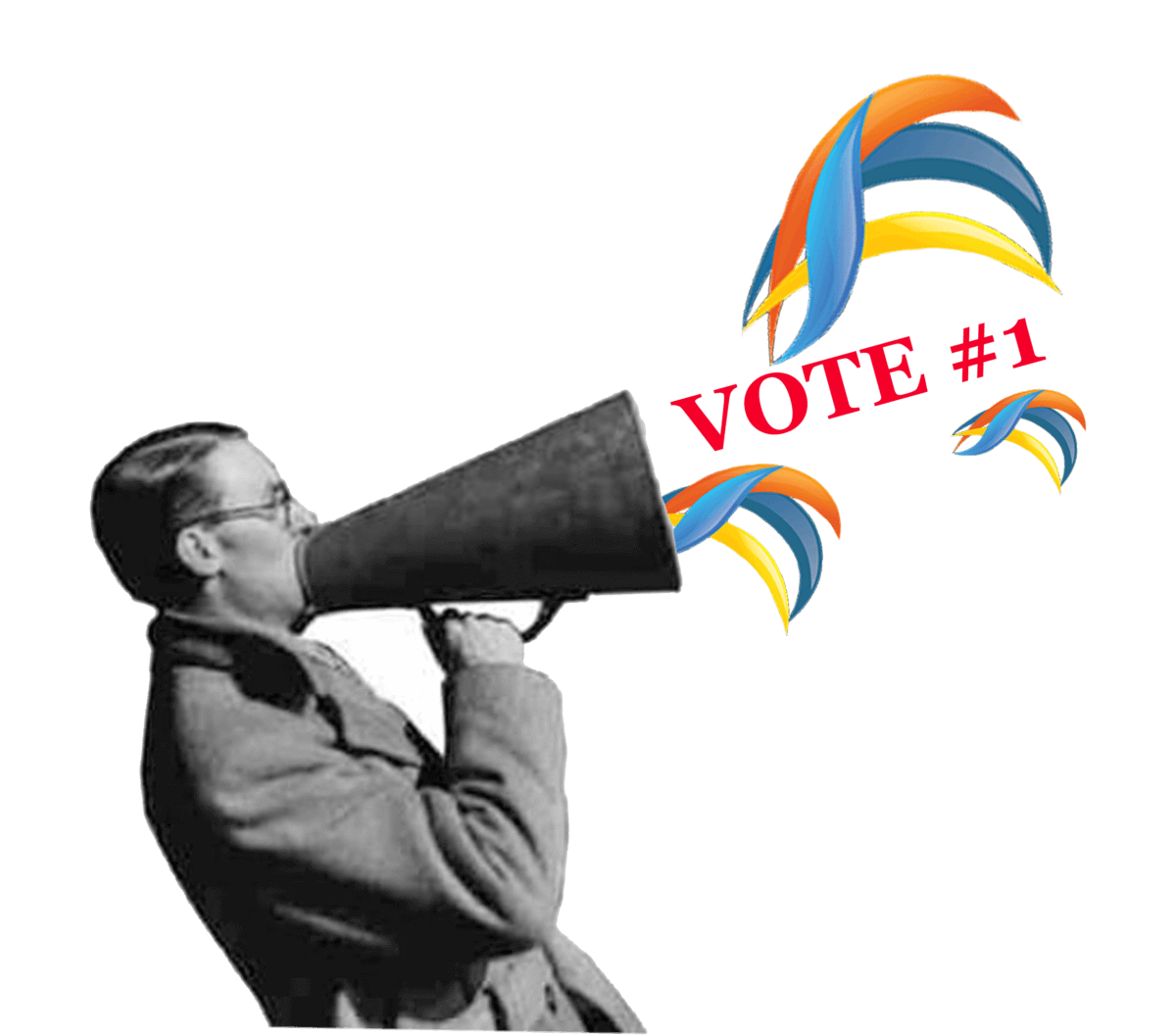It’s back. The all exciting ANUSA elections have returned with astonishingly revolutionary and astounding policies that will no doubt transform the very foundations of ANUSA. This is the third election I have actively witnessed, and I await in anticipation for it all to be over and done with.
This time however, I wanted to highlight something about ANUSA elections that really gets my goat. Tickets. First of all, what the heck are they? Second, what are their roles? And thirdly, why on earth do we need them?
Shockingly enough for those who do not know me personally, I am a dumb person who was even dumber in their first year. When it came to ANUSA elections in my first year, I had no idea what they were, who to vote for or even how to vote. Conveniently enough, I had a friend who was running for ANUSA, and they explained to me how to vote and introduced me to the idea of tickets.
For you all who are not aware, tickets in the context of ANUSA are groups that run under the same principles and support each other on the campaign. So, me being the naïve first year that I was, I not only voted for her but also every candidate on her ticket. She was my friend, so the rest of the ticket should be chill, right?
It was soon after that that I realised that tickets at ANUSA have a darker side to them. They are a popularity vote. Tickets can easily invite people into the party who are influential to get their friends to vote in the elections for them and their ticket (just as I did) to improve other members’ chances of being elected. It is a tactic I learnt in my politics class and I was impressed and a little nervous to witness it in the elections for our student association.
Let us look at some hypotheticals as to how one may gain power using tickets. An easy ploy to better your chances would be to have as many people on your ticket as possible. Not only does it almost guarantee their vote, but they have also employed other people to praise their name in the elections. While this may come out of a genuine respect for one’s policies, an innate competition between ‘us’ and ‘them’ is employed. Ideally, if the feelings were genuine, then one would not even need to be running on a ticket. People would simply trust in your cause, and then advertise your policies on behalf of them.
Additionally, if someone has been ‘shoulder tapped’ to be part of a ticket, they may be being used for clout. They are a part of a community that no one else on the ticket reaches, hence tapping into another pool of voters. Others on the ticket then exploit their connections if their friends don’t appropriately research the individuals on the ticket. Typically, people on the ticket also don’t actually share the same views as the rest of the ticket, like they would like to advertise. While this is a dark portrayal of student politics, there is always a risk that people will be elected just by band-wagoning off other people’s reputation and passion in the ticket system.
So, what am I getting at with all this? At the end of the day you are voting in individuals. Not tickets. So, if you can, talk to the candidates. Do some light reading into who they are, how reliable they’ve been in participating in student welfare and what policies they’re running on. I am not saying that someone running on a certain ticket makes them any worse than others, it just means that certain people have for whatever reason, decided to run alongside them.
I would like to note however, that in addition to candidates running on tickets, you also have independent candidates, which I personally feel is a much more democratic way of campaigning. You are running by yourself; your successes and merits are your own. There is no ambiguity or misconception between members on values and ideas. Because at the end of the day, people will be voting for you, not a party.
Also, the settled nature of a party perpetuates an idea that a person may work well within the party but outside may be uncooperative. A system of independent candidates does not have this issue because candidates know they will be working with others outside of the pre-established intra-ticket relations.
There is one upside to the social distancing regulations – 2020 is the first year I won’t be anxious walking down Uni Ave, nervously avoiding eye contact with candidates…surely, I’m not alone in rejoicing this? However, I am very excited to watch the ANUSA debates in the comfort of my own home, popcorn and coke can at my side as I judge people’s policies.
Cheers and best of luck to all candidates for ANUSA 2020.
Think your name would look good in print? Woroni is always open for submissions. Email write@woroni.com.au with a pitch or draft. You can find more info on submitting here.
We acknowledge the Ngunnawal and Ngambri people, who are the Traditional Custodians of the land on which Woroni, Woroni Radio and Woroni TV are created, edited, published, printed and distributed. We pay our respects to Elders past and present. We acknowledge that the name Woroni was taken from the Wadi Wadi Nation without permission, and we are striving to do better for future reconciliation.
